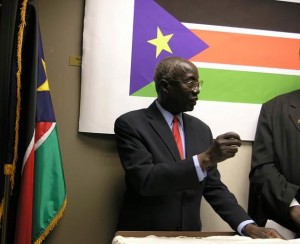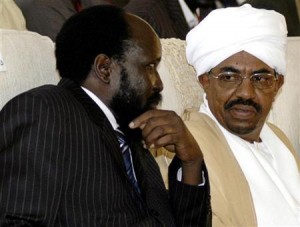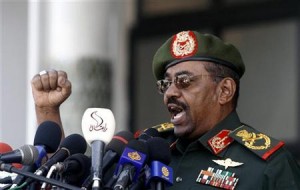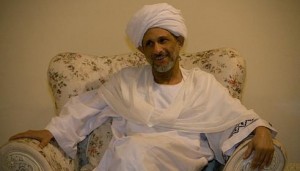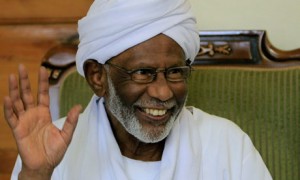Johnson was a member of the original Abyei Boundary Commission. To download the whole essay in PDF format click here. Excerpts below:
Fighting broke out in and around the Abyei area just as voting in the Southern referendum
began. No official details have been released yet, but unofficial UN statements report
attacks on SPLA police posts by Misseriya gunmen on motorcycles and exchanges of
heavy weapons fire elsewhere.
This is not just the work of herders armed with Kalashnikovs to protect their cattle from
wild animals, nor a range war between rival Misseriya Arab and Ngok Dinka pastoralists.
The attacks appear to have been inspired by false reports in the Khartoum media that the
Ngok intended to unilaterally annex Abyei to the South on 9 January, the first day of the
Southern referendum, and the day the citizens of Abyei should have begun voting in their
own referendum. Misseriya gathering in the Southern Kordofan town of Muglad declared
their intent to stop any such action.
Abyei has so far proved to be the most difficult part of the Comprehensive Peace
Agreement (CPA) to implement, more difficult, even than the determination of the rest of
the North-South boundary or the division of oil revenues. If Sudan is to travel the road
back from Abyei to a sustainable peace, then the a resolution to the dispute should be
based on the following:
1) A recognition of the root causes of Abyei’s conflict, in line with the Machakos
Protocol (cited above), the framework document for the CPA;
2) The full implementation of the intent of the Abyei Protocol of the CPA, through a
referendum expressing the democratic will of the residents of the Abyei Area, as now
defined by the Public Court of Arbitration’s (PCA) 2009 ruling in the Hague;
3) A recognition by the US government that the recent interventions of their mediators
have made a resolution less, rather than more likely, and a reversal of their current
attempt to mediate through the imposition of a further territorial compromise;
4) The establishment of separate mechanisms to address the worries of cattle herders that
their post-referendum access to essential pastures and water sources will be restricted.
Any resolution of the Abyei dispute must address the root causes, which are:
• the marginalization of the Ngok Dinka within the systems of parliamentary and
local government since the 1950s;
• the progressive annexation of their territory by the Misseriya, with support of
successive Khartoum regimes since the 1970s;
• the abrogation by Khartoum of the referendum promised in the Addis Ababa
Agreement of 1972;
• the mobilization of Misseriya militias in the recent civil war during the 1980s and
1990s as a continuation of the policy of annexation.
Download the full PDF here.

